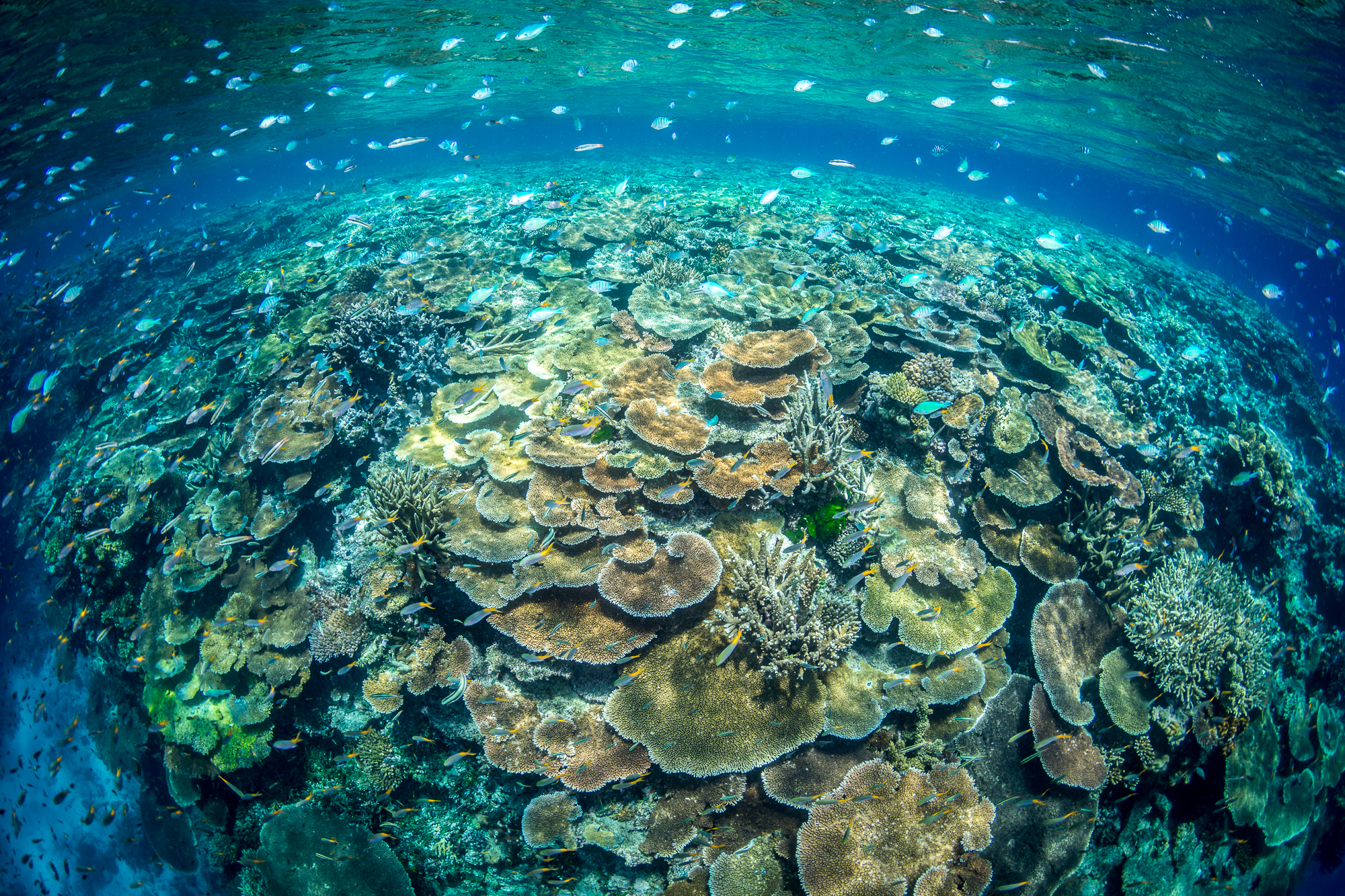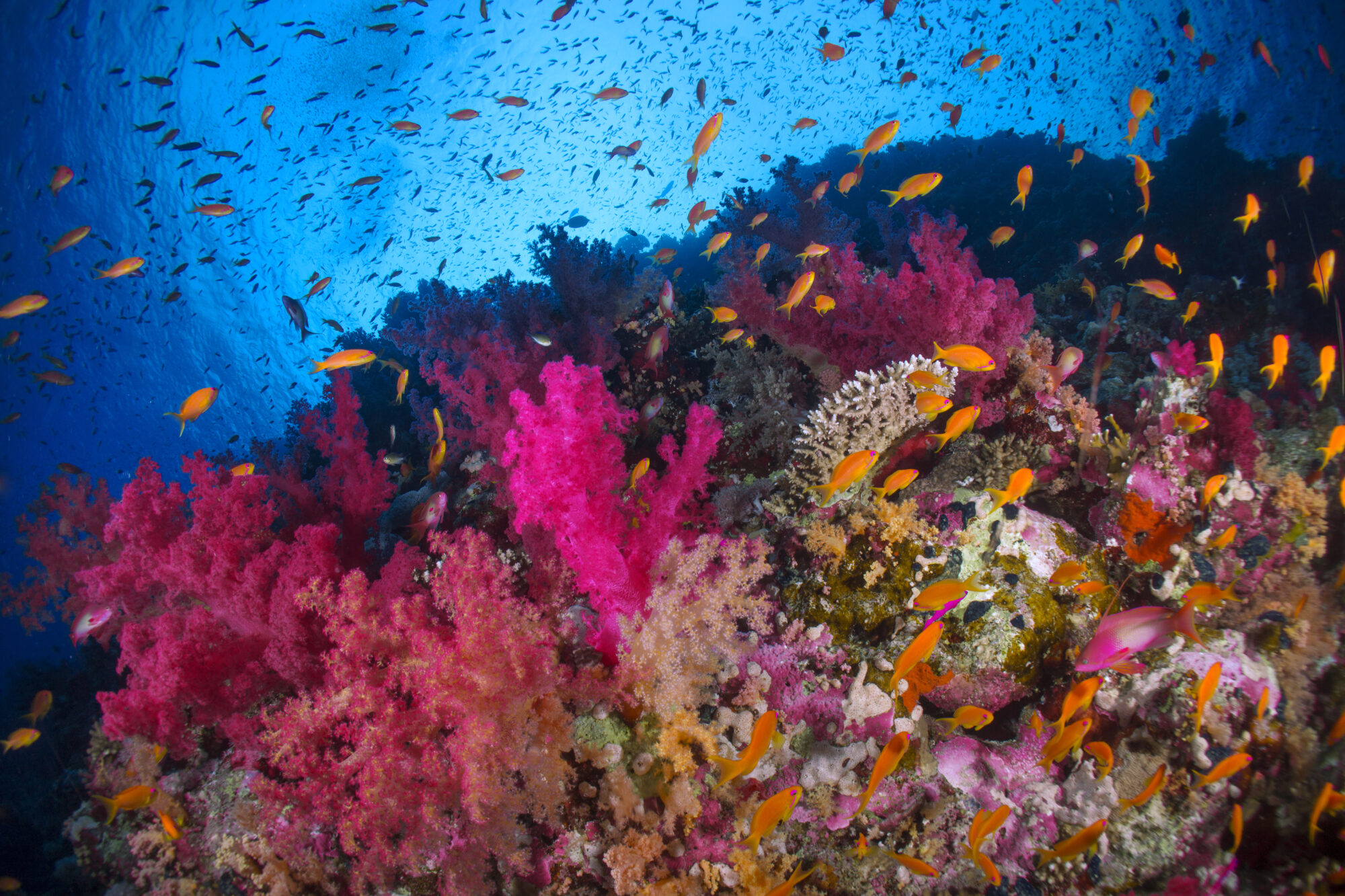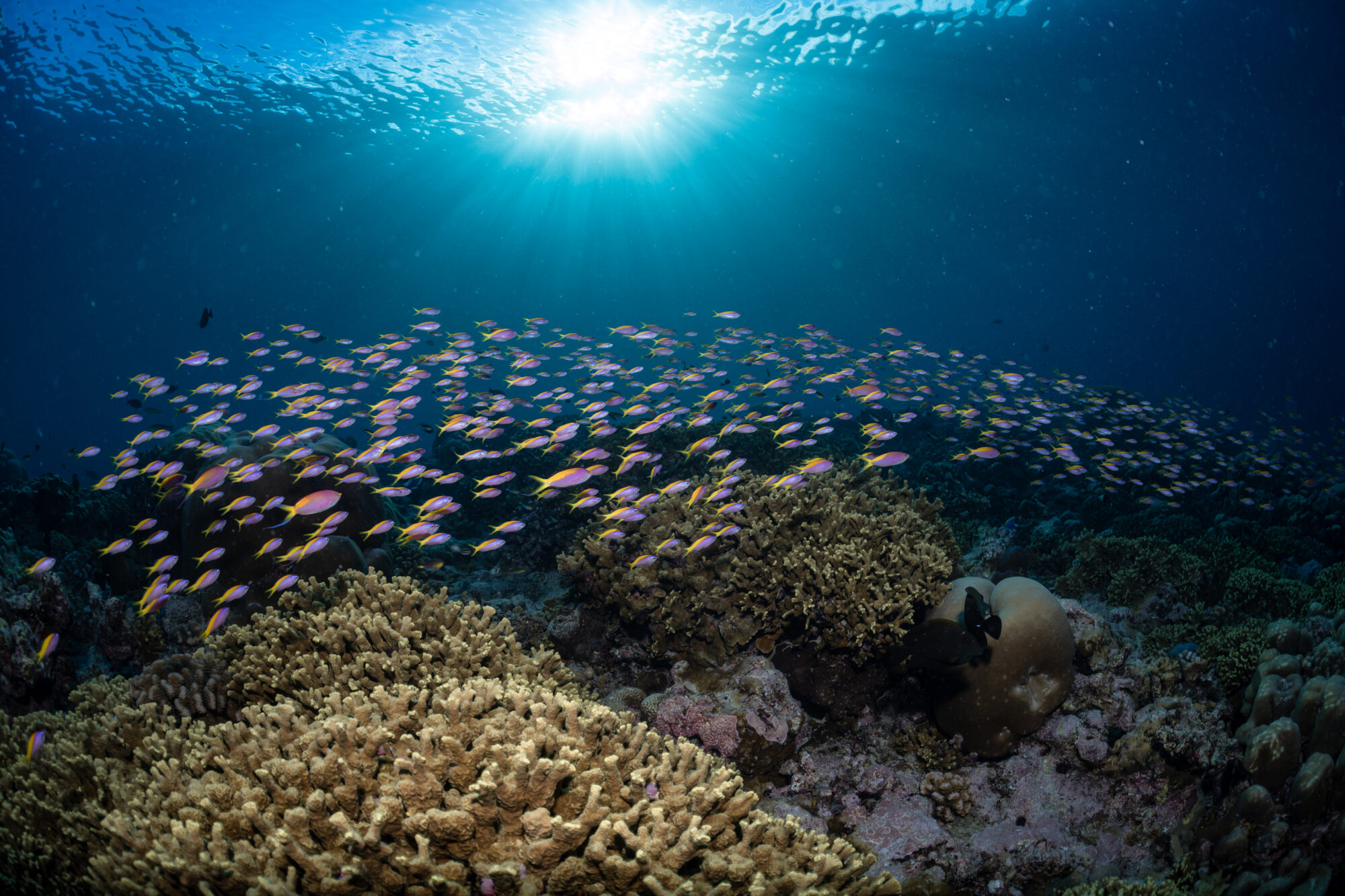

Scientists on an expedition to the underexplored Bounty Trough off New Zealand have discovered around 100 new and potentially new ocean species.
The European Coral Reef Symposium (ECRS) seeks to advance the missions and aims of the International Coral Reef Society (ICRS) within Europe and among reef scientists based in or visiting the region.
Organized by the European Chapter of the ICRS, the ECRS is held every four years, rotating among different European countries. In 2024, the symposium took place in Naples, Italy, at the Città della Scienza and the Anton Dohrn Zoological Station.
The symposium united coral reef scientists, researchers, conservationists, policymakers, and reef managers to present the latest research findings and share current knowledge. This exchange is crucial for informing international and national policies on the conservation and sustainable use of coral reefs.
For the 2024 edition of ECRS, the focus was on building the knowledge gaps between tropical, temperate, and cold-water coral reefs.

Nekton’s Research Assistant: Nina de Villiers, attended this year’s symposium. Check out her Q&A below:
I attended ECRS as a presenting researcher. This is a conference that happens every couple of years and is for researchers/academics/scientists who focus on coral reefs to share their findings and network with others in the field.
I presented a poster on one of the interesting patterns of fish distribution from the Maldives Mission. We found 38 species of fish had displayed extension ranges (mostly extending to deeper than they’ve previously been recorded) as well as several new species records in the Maldives.
The symposium had so many interesting talks about a range of different topics from coral restoration to mesophotic ecosystems so there was a lot to learn. I learnt a lot about new techniques for modelling and predicting changes for community structures and habitats under different climate conditions.
I’d say the most interesting part was to see that even with all the research taking place around the world there is still so much for us to understand about coral reefs and our impacts on them. Coral reefs are complex systems and they support huge communities so protecting them is growing even more urgent.
